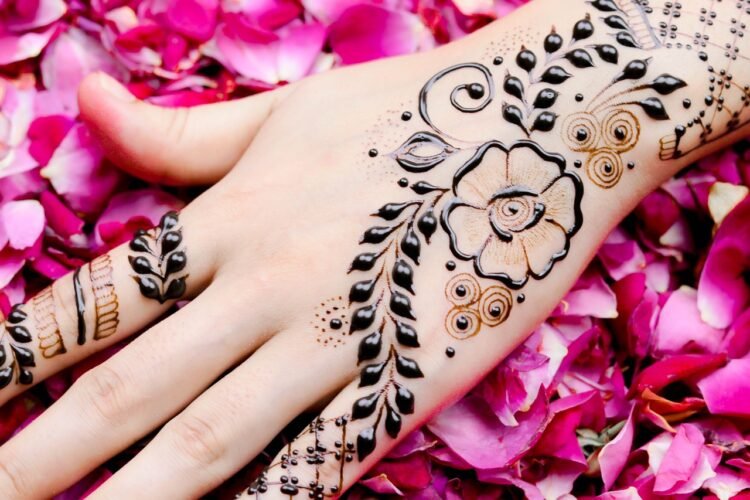Henna tattooing, also known as Mehndi, is an ancient form of body art that has been practiced for centuries in various cultures around the world. Originating in ancient Egypt and spreading to India, the Middle East, and North Africa, henna tattooing holds deep cultural and symbolic significance. In this article, we will explore the rich history, cultural importance, and modern trends of henna tattooing.
- Historical Background: Henna tattooing has a long and storied history, dating back thousands of years. The use of henna paste to adorn the body can be traced to ancient Egypt, where it was used for decorative purposes and as a form of protection against evil spirits. Over time, henna tattooing spread to other regions, including India, where it became an integral part of wedding ceremonies and festivals.
- Cultural Significance: In many cultures, henna tattooing holds significant cultural and symbolic meanings. In India, for example, henna is applied to the hands and feet of brides as part of pre-wedding rituals to symbolize joy, beauty, and spiritual awakening. Similarly, in the Middle East, henna is often used to celebrate religious festivals and other special occasions, symbolizing blessings, protection, and good fortune.
- Modern Trends: In recent years, henna tattooing has experienced a resurgence in popularity, especially in Western countries. Modern henna artists have embraced innovative techniques and designs, blending traditional motifs with contemporary styles to create unique and personalized tattoos. From intricate floral patterns to geometric designs, henna tattoos have become a popular choice for people seeking temporary body art.
- Health and Safety Considerations: While henna tattooing is generally considered safe, it is essential to be aware of potential risks, particularly with black henna. Black henna contains a synthetic dye called para-phenylenediamine (PPD), which can cause severe allergic reactions and skin irritation. To ensure safety, it is recommended to use natural henna paste made from pure henna leaves and avoid black henna altogether.
- Conclusion: Henna tattooing is a beautiful and time-honored art form that has captivated people around the world for centuries. With its rich history, cultural significance, and modern appeal, henna tattooing continues to thrive as a cherished tradition and a popular form of temporary body art. Whether celebrating a special occasion or simply expressing creativity, henna tattooing offers a unique and meaningful way to adorn the body and celebrate beauty and culture.

 English
English





















































